Did you know in Florida the number of rods an angler may use is unlimited? Nope, I’m not lying, just imagine how many fish filets you can make with all the fish you’re going to be catching. Florida is definitely the best place for a fish sandwich, with almost 4,000 lakes and nearly 3,000 rivers and streams, well let’s just say Florida is anything but short of fish, but don’t catch any sturgeon unless you want a massive fine for breaking one of Florida’s regulations. Feeling unprepared since you didn’t know that? Well you should, but you won’t after you read this article, filled with all the information you need to have a successful fishing trip.
Remember: Everyone who casts a line in Florida MUST have a valid fishing license!
Florida Fishing Regulations
Florida residents and visitors must possess a valid Florida freshwater fishing or saltwater fishing license when fishing – whether you cast a line or catch and release, you require a Florida fishing license. This includes the Florida-resident annual saltwater shorelines fishing license that is provided at no cost.
The State of Florida states:
- You may only take game fish with pole-and-line or rod-and-reel
- The number of rods an angler may use is unlimited
- You may not take fresh water fish by the use of any free-floating, unattached device, or by taking of fish or wildlife with firearms, explosives, electricity, spear gun, poison or other chemicals
- You may not take fish by underwater swimming or diving
- You may not sell, offer for sale or transport out of the state any freshwater game fish unless permitted by the FWC (there are some exceptions)
- You may take nongame fish with pole-and-line, or rod-and-reel, and by bush hook, setline or trotline baited with cut bait or other substance; but not including live game fish or any part of any game fish; bush hooks, setlines or trotlines (limited to 25 hooks total) are permitted for taking nongame fish for personal use, but only in those areas where trotlines may be lawfully used in accordance with the Wildlife Code of the State of Florida
- Non game fish may be taken at night using a bow and arrow, and gigs
- You may not use more than one slat basket or one wire trap
- You may not spearfish for mullet in freshwater; Unless you’re gigging from above water
- You may take freshwater shrimp and golden shiners of any size, or other freshwater non game fish, including catfish, less than 8-inches total length for bait by using the following methods (unless otherwise prohibited):
- Cast nets having a stretched mesh size not greater than 1 inch in fresh waters of the state
- Minnow dip nets no more than 4 feet in diameter
- Minnow seines that have a stretched mesh size no greater than 1 inch, a length no more than 20 feet, and a depth no more than 4 feet
- Minnow traps no more than 24 inches in length and 12 inches in diameter, with a funnel entrance no more than 1 inch in spread
- Any game fish taken by the above methods must be released immediately
- Taking bait for the purpose of sale requires a commercial fishing license
- Black bass, peacock bass or any part of them may not be used as bait
- You may not transport to or between waters for use of bait any live nonnative fish, except variable platys and fathead minnows
- You may not use live goldfish and carp as bait
- You may not take, possess or sell any sturgeon or their parts, or their nests or eggs, except as allowed by specific federal or state permit or authorization. Anyone who inadvertently catch’s one must immediately release it alive back to the water
Fishing License Period
Florida fishing licenses are available for freshwater fishing or saltwater fishing, and are available as:
- 3-Day fishing permits
- 7-Day fishing permits
- 1 Year fishing permits
- 5 Year fishing permits
- Lifetime fishing permits
Extra Licensing Fees
Some fish species require additional fishing permits to fish. These species are some of those which require a special license to fish:
- Snook
- Spiny Lobster
- Tarpon
Free Or Reduced Fee Florida Fishing Licenses
On Florida’s License-Free Fishing Days the fishing license requirement is waived for all recreational fishermen, regardless of their residence in Florida.
The License-Free Freshwater Fishing Days are:
- The first Saturday and Sunday in April of each year
- The second consecutive Saturday and Sunday in June of each year
The License-Free Saltwater Fishing Days are:
- The first consecutive Saturday and Sunday in June of each year
- The first Saturday in September of each year
- The Saturday following Thanksgiving of each year
The State of Florida offers free fishing licenses or reduced fishing licenses for :
- Florida residents who are veterans
- Florida residents who are active duty U.S. armed forces, armed forces reserve, Florida National Guard, Coast Guard or Coast Guard Reserve
Florida Fishing Licenses Are NOT Required For
Florida offers its residents a great number of ways to enjoy fishing without permits and tags. Here’s a list of those.
- Anyone fishing freshwater during the License-Free Fishing Days
- Any Florida resident or non-resident under 16 years of age
- Any Florida resident 65 years of age or older
- Any Florida resident who is permanently disabled
- Any Florida resident with developmental disabilities
- Any Florida resident who is a member of the Armed Forces of the United States, and is stationed outside of Florida
- People who are observing or filming someone else who is fishing (must not be assisting in any way)
- Individuals fishing in a pond of 20 acres or larger, whose owner has purchased the required fish pond license
- People fishing in a fish pond of 20 acres or smaller which is located entirely within the private property of its owner
- A freshwater fishermen who is fishing in their county of residence on their homestead (or the homestead of your spouse or minor child), or a minor child freshwater fishing or hunting on the homestead of a parent
- Any Florida resident fishing on their property, or their families property
- Any Florida resident or non-resident fishing in the St. Mary’s River or Lake Seminole with a valid Georgia fishing license

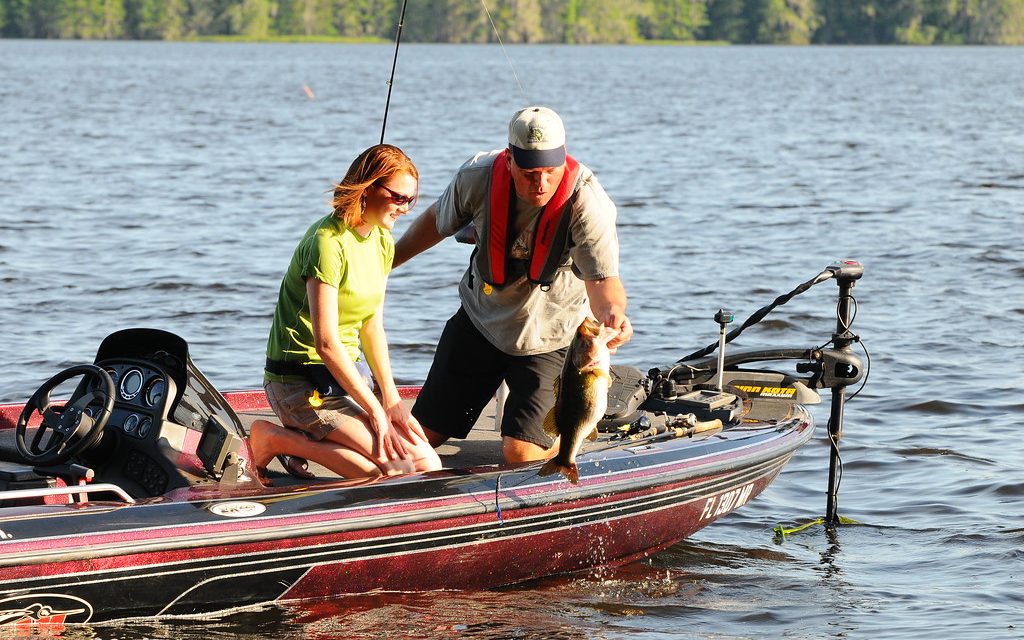
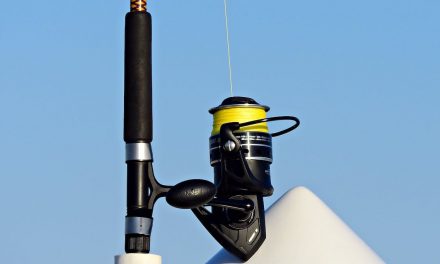
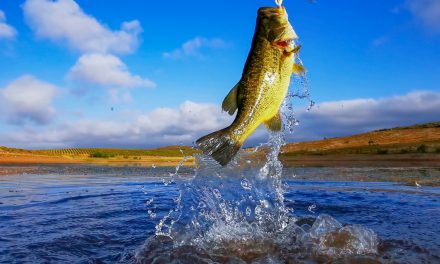
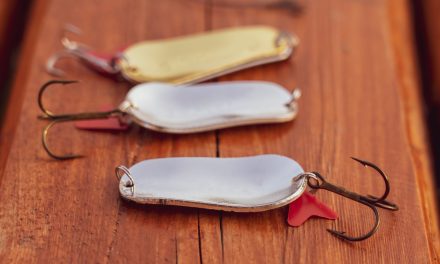
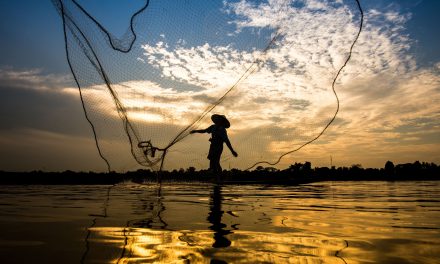

 E-Newsletter
E-Newsletter